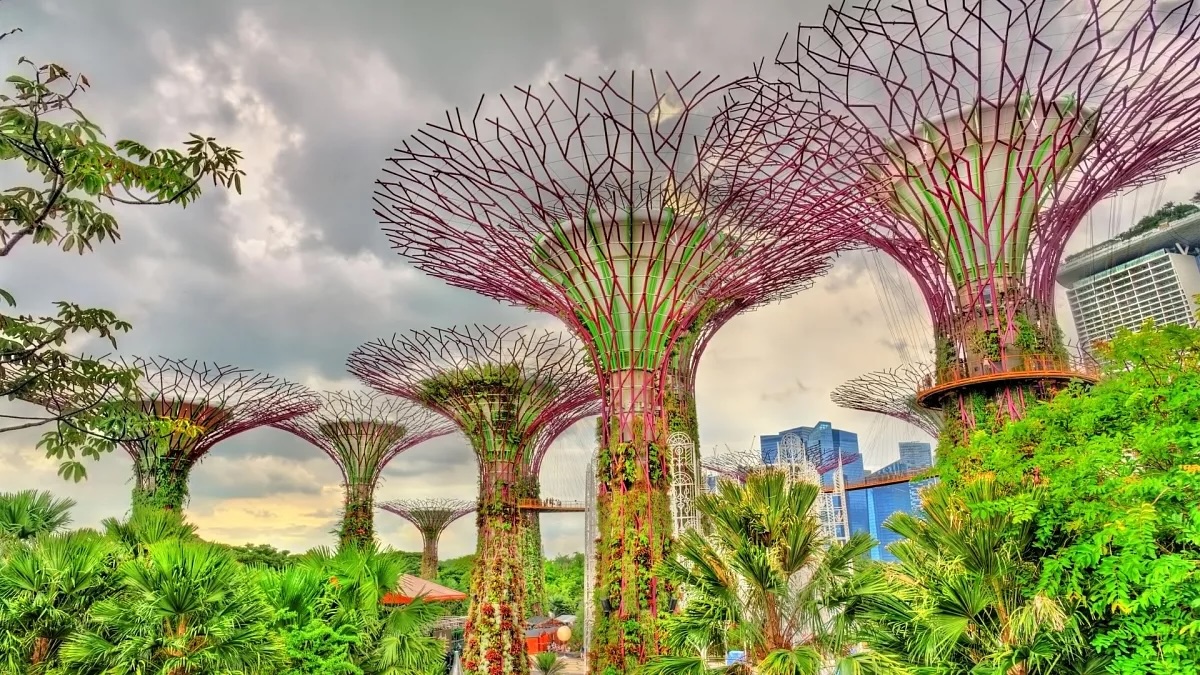- Singapore
- 30 September 2024
Recently, we had our first in person meeting of our recently endorsed UN Decade Programme, the Nutrient Pollution – Global Action Network (NP-GAN) Programme. This was the first time the founding partners had come together in person and included representation from Cartagena Convention, Wildlife Conservation Society and the Reef Authority (for the Great Barrier Reef). We spent four days working through the decade plan for nutrient pollution and what we would like to achieve on a national and global scale.
UN Ocean Decade Programmes
The United Nations Decade of Ocean Science for Sustainable Development (2021-2030), commonly known as the UN Ocean Decade, is a global initiative designed to support efforts to reverse the declines in ocean health and create improved conditions for sustainable development of the ocean, seas, and coasts. The initiative aims to provide a convening framework for a wide range of stakeholders across the world to engage and collaborate outside their traditional communities and aims to align research, investments and initiatives around a set of 10 common challenges.
NP-GAN is one of four UK-led Decade programmes under the UN Ocean Decade of Ocean Science. The programme aims to tackle nutrient pollution and eutrophication, which are major environmental challenges affecting oceans globally. The key components of NP-GAN include:
- Understanding Source and Fate: Identifying nutrient flows and their pathways into coastal and marine ecosystems
- Evaluate Impacts: Identify and measure impacts on human health, coastal and marine ecosystems, and ecosystem services
- Accelerating Solutions: Developing cost-effective mitigation strategies and best practices for reducing nutrient pollution.
- Building Capacity: Establishing a global network of practitioners, with special support for Least Developed Countries (LDCs) and Early Career Ocean Professionals (ECOPS) and promoting awareness and understanding
The first NP-GAN in person meeting
In our first meeting, we discussed many of the issues and impacts of nutrient pollution. Discussions ranged from the sources of nutrient pollution, such as agricultural runoff, domestic wastewater, and industrial discharges and the types of impacts which can lead to harmful algal blooms, dead zones, fish kills, and ecosystem degradation. As a global network, we considered the various ‘pathways to impact’ and discussed as a group how we might effect change at local, national, regional and global scales.
Achieving nutrient reduction in our marine environment is a multifaceted problem, and one which is bespoke to localised environments – it was agreed that NP-GAN should play a key role in developing the evidence, frameworks and toolkits to support communities and countries address priority areas of concern with the ultimate aim of improving human health food security, community wellbeing, and ecosystem services.





